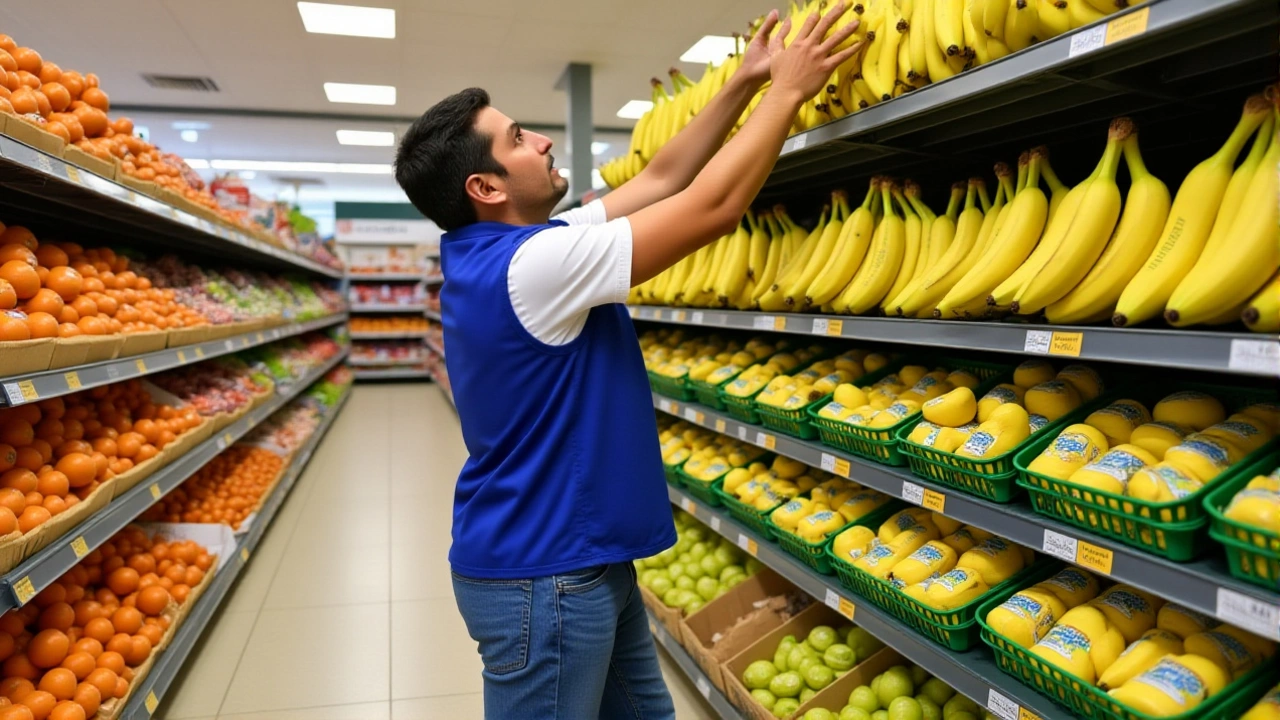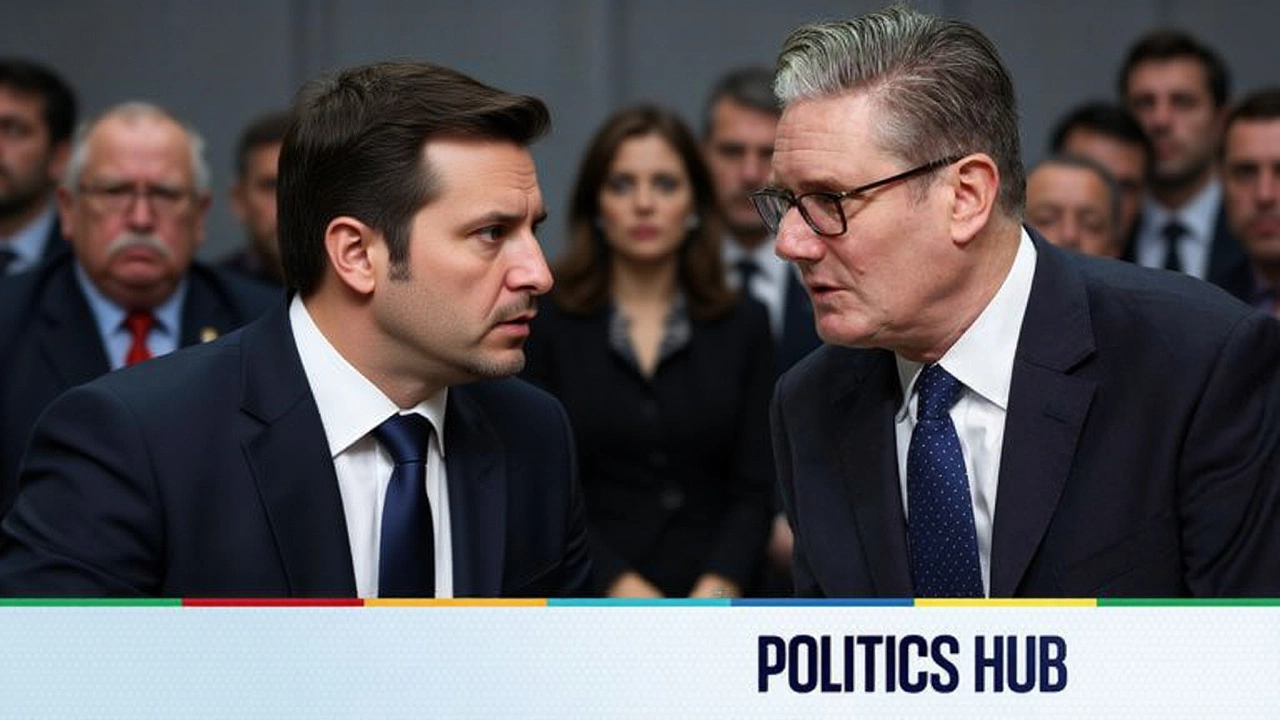Politics
When talking about Politics, the arena where power, policy and public interest clash, you’re really looking at how societies decide who gets what and why. Also known as government affairs, politics drives everything from local council votes to global security deals. Below you’ll see why this matters for everyday readers and what the collection of posts will unpack.
Key forces shaping today’s political landscape
One of the biggest movers in modern politics is NATO, a collective defense alliance of 31 nations. NATO doesn’t just stand for military drills; it also sets the tone for diplomatic pressure, sanctions regimes and aid packages. When NATO decides to keep pressure on a leader, that decision ripples through national policies, trade talks and even election campaigns. In other words, Politics requires strategic pressure, and NATO is a prime tool for that pressure.
Another pillar is Ukraine aid, financial and military support aimed at bolstering Ukraine’s defence. The scale of the aid—often measured in billions of euros—directly influences how European governments allocate their own budgets and how they frame their foreign‑policy narratives. Ukraine aid therefore becomes a litmus test for a country’s commitment to democratic values, and it also feeds back into the broader political debate about security spending versus domestic priorities.
Sanctions are the third piece of the puzzle. Sanctions, targeted economic restrictions used to coerce or punish states and actors act as a non‑military lever that politicians wield to signal disapproval or to force behavioral change. When sanctions tighten, they affect energy prices, supply chains and even public opinion, which in turn shapes election outcomes and legislative agendas. In short, sanctions connect economic policy with geopolitical strategy, making them a core subject of any political analysis.
These entities don’t operate in isolation. The semantic triple “Politics encompasses international diplomacy” explains why NATO, Ukraine aid and sanctions all end up on the same discussion table. The triple “Politics requires strategic pressure” links NATO’s role to the need for coordinated action. And the triple “Sanctions influence political decision‑making” shows how economic tools reshape policy debates. Understanding these connections helps you see why a single news story can have multiple political dimensions.
Below, you’ll find a curated set of posts that dive into each of these angles. From the latest NATO summit statements to detailed breakdowns of the €40 billion Ukraine aid package and the newest sanctions on Russia, the articles give you both the headlines and the context you need to make sense of the fast‑moving political scene. Ready to explore? Let’s see what the collection has in store.
UK Real Living Wage Rises 7% — What It Means for 500,000 Workers
The Living Wage Foundation raised the real living wage to £13.45/hr outside London and £14.80/hr in London, benefiting 500,000 workers. The increase outpaces inflation and highlights the gap with the government's £12.21 minimum.
ANU Moves to Fix Toxic Culture After Scathing Gender and Bullying Review
ANU is overhauling its culture after Professor Christine Nixon's review found widespread tolerance for bullying and poor behavior. Provost Rebekah Brown leads a university-wide effort to implement 17 recommendations, with transparency and accountability at its core.
Starmer urges NATO to keep pressure on Putin at Copenhagen summit
At the Copenhagen EPC summit, UK Prime Minister Keir Starmer urged NATO to keep pressure on Putin, as Europe pledges €40 billion in new aid for Ukraine and tightens sanctions on Russia.


